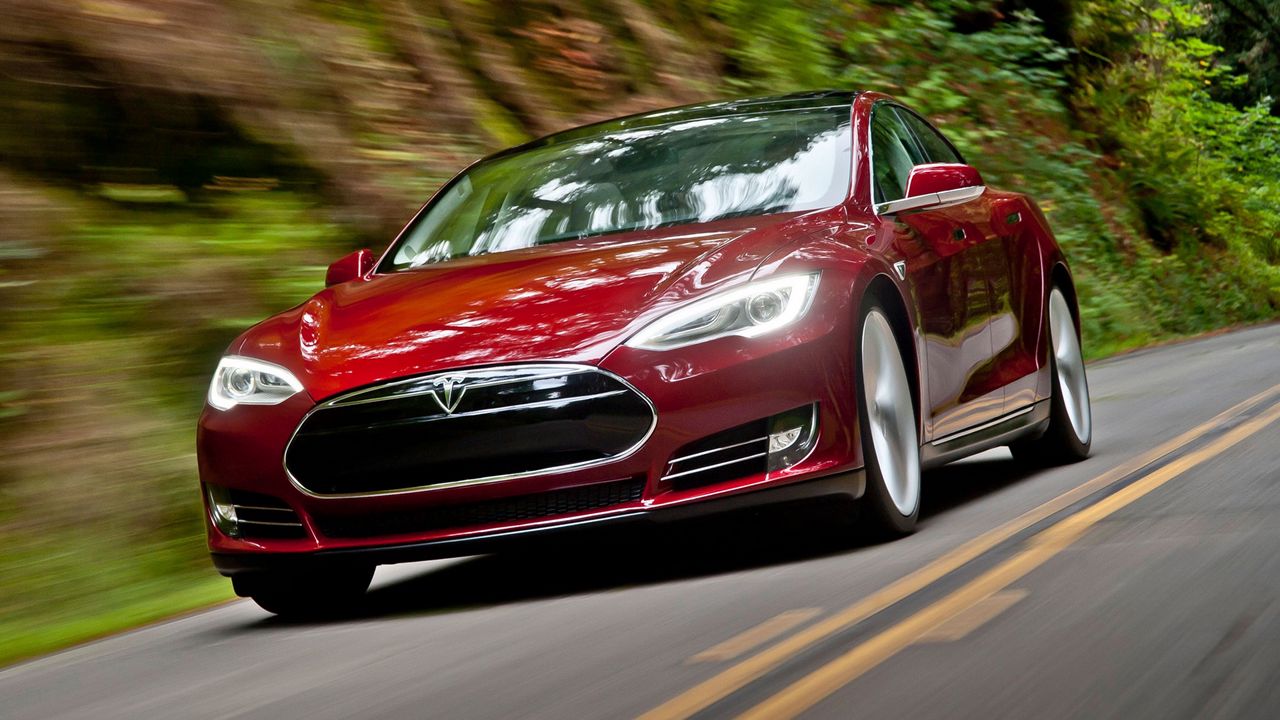Germany’s Chancellor Olaf Scholz is encouraging automobile manufacturers to produce more affordable and longer-range electric vehicles. Under Scholz’s leadership, the German government is preparing to collaborate with the automotive industry to promote electric vehicle usage and develop strategies to reach the targeted goal of 15 million electric cars. These efforts envision extensive industry cooperation to promote sustainable transportation and reduce carbon emissions.
Germany is incentivizing the electric car sector for affordable models.
According to a report on futureflow.life, German Chancellor Olaf Scholz will convene with automobile executives, ministry leaders, energy managers, and unions on Monday to discuss how Germany can meet its goal of 15 million electric vehicles by 2030.
The Chancellor believes, as indicated by government spokesperson Steffen Hebestreit in a press briefing last Friday, that achieving the goal is possible if car manufacturers produce more affordable and longer-range electric vehicles.
The coalition agreement of the German government specifies a target of “at least 15 million fully electric passenger cars” by 2030. However, Transport Minister Volker Wissing mentioned last year that this target encompasses both electric and hybrid vehicles. According to the latest available data from the German Federal Motor Authority (KBA) until October, there were 2.2 million electrically powered vehicles in Germany, with 1.3 million being fully electric vehicles.














